As a new or expecting parent, you may have heard that working with a lactation consultant could improve your chances of having a successful breastfeeding experience, whatever that looks like for you—but you may not have heard much about it, either. Breastfeeding education is important, and it makes a difference.
The fact that you’re here and reading this? It’s a big step towards having a positive breastfeeding experience. The next step? Working with an International Board Certified Lactation Consultant (IBCLC). But if you’re not familiar with the ways that IBCLCs help families, you may have some questions about what it means to work with one.
Here are ten things you should know about IBCLCs and how they can support you in your breastfeeding journey and beyond.
IBCLCs must complete upwards of 90 hours of lactation-specific education, followed by a rigorous certification exam administered by the International Board of Lactation Consultant Examiners (IBCLE).
The education and training required to sit for the exam also includes at least 500 hours of hands-on clinical experience working with real breastfeeding parents and babies.
IBCLCs don’t stop learning about breastfeeding once they’re certified. Continuing education is mandatory for maintaining their certification and title, and they have to recertify every five years. The required education covers topics such as the anatomy and physiology of lactation, infant feeding behavior, maternal and infant health, and counseling skills.
Each breastfeeding journey is one-of-a-kind, and IBCLCs are trained to recognize and respect what makes each family unique. Your IBCLC will work directly with you and your loved ones to develop a personalized care plan centered on your specific needs and goals.
Your individual care plan could include a comprehensive assessment of breastfeeding, milk supply, and infant growth, as well as ongoing support and guidance as needed.
IBCLCs are trained to identify and address a range of lactation issues.
While breastfeeding families often reach out to IBCLCs for guidance and support with common breastfeeding challenges, you don’t need to have a breastfeeding “problem” to benefit from working with an IBCLC. The preventive milestones that IBCLCs can help you with include:
Even before the baby is born, IBCLCs can help families prepare with prenatal planning for breastfeeding.
Prenatal planning for breastfeeding typically includes:
After birth, IBCLCs offer invaluable support in the hospital and at home, helping families establish breastfeeding routines and navigate any questions or problems as they arise.
This strategy of building relationships with our patients before there are problems is part of Nest Collaborative’s preventive care model.
Many parents find that preventive lactation care during pregnancy and following birth leads them to:
Under the preventive care model, your lactation consultant works closely with your primary care provider to support the whole patient and address physical, emotional, and social barriers to breastfeeding.
Like other healthcare providers, IBCLCs take an evidence-based approach to your care. This means that the advice and recommendations your IBCLC offers are based on the latest research and best practices in the field.
You can trust that your IBCLC is informed about the latest research and developments in lactation management, because staying up-to-date is required to obtain and maintain certification. Lactation consultants also tend to be passionate about their work!
IBCLCs are focused on helping families achieve their unique feeding goals—not dictating a one-size-fits-all approach to feeding babies.
You never need to worry that your IBCLC will judge you for what you do or don’t do as part of your own particular journey, or about asking us to use inclusive terms that support however you choose to feed your baby, or articulating a desire to do exclusive pumping. The IBCLCs at Nest Collaborative acknowledge your family’s unique feeding goals and circumstances and offer personalized support.
Many IBCLCs now offer virtual lactation consultations, which can be especially convenient for families who may face difficulty traveling to an in-person consultation or who prefer the flexibility of virtual appointments.
At Nest Collaborative, we offer virtual lactation consultant appointments that include weekend and evening hours. Our IBCLCs represent a diverse range of professionals, so you can be sure to find a provider that you feel comfortable working with—from the comfort of your own home.
While IBCLCs primarily support breastfeeding, they also have knowledge in a range of other areas that can sometimes impact lactation.
For example, your IBCLC may provide additional guidance and support if you’re navigating medications, illnesses, or other medical conditions that can impact milk supply and other key aspects of breastfeeding. They are well-versed in issues like returning to work, teething, weaning, and introducing solids.
In many ways, breastfeeding is a family affair. That’s why IBCLCs are such a valuable resource for partners and other family members, not just the breastfeeding parent. Nest Collaborative’s friendly IBCLCs are always happy to help educate breastfeeding parents’ partners, grandparents, and other family members who may have questions or concerns.
By involving the whole family in the breastfeeding journey, IBCLCs help ensure that everyone feels supported and informed, which supports a long-lasting breastfeeding relationship for you and your baby.
For many families, working with an IBCLC can make all the difference when it comes to achieving their breastfeeding goals. At Nest Collaborative, we believe that everyone deserves equitable access to comprehensive breastfeeding support.
We provide compassionate, evidence-based support that can help you and your family overcome barriers to breastfeeding and build confidence in the way you feed your baby—regardless of your income, insurance status, gender identity, language, religion, race, or other factors.
We offer appointments every day of the year, and we are often able to provide same-day appointments. No matter where you are in your breastfeeding journey, we’re here to help!
Contact us today to learn more about how an IBCLC can help you meet your breastfeeding goals.
